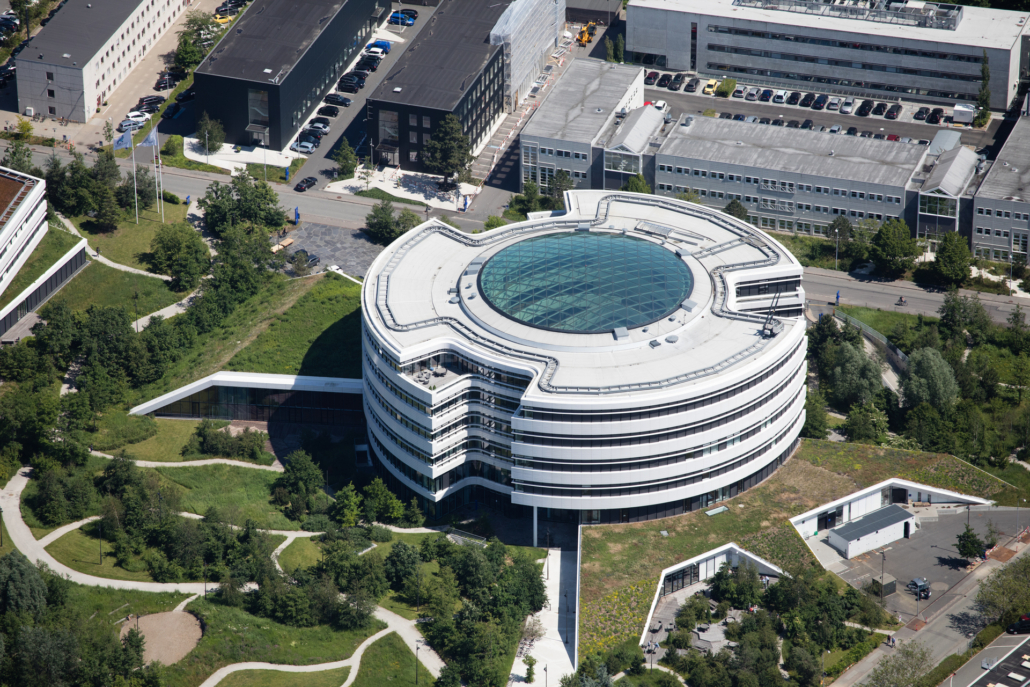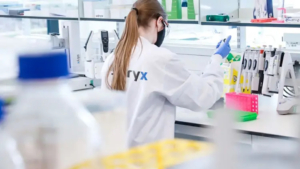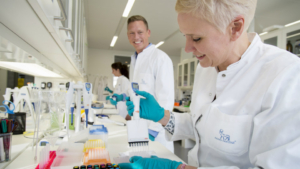
Novo buys again: 5-billion-dollar deal for Akero´s MASH
Novo Nordisk is to acquire US-based Akero Therapeutics in a US$5.2 billion deal aimed at reviving growth and entering the MASH-space where others like Roche and GSK have recently expanded their footprint.
Novo Nordisk A/S (Copenhagen, Denmark) has announced plans to acquire the US-based company Akero Therapeutics for up to US$5.2bn. This is the first major deal under the leadership of the company’s new CEO, Mike Doustdar. This signals a renewed focus for the Danish drugmaker on cardiometabolic diseases, including obesity, diabetes, and metabolic dysfunction-associated steatohepatitis (MASH).
Akero’s late-stage drug candidate, efruxifermin, has shown potential in reversing liver scarring in MASH patients — a promising addition to Novo’s pipeline as it prepares for the expiration of patents on semaglutide, the active ingredient in its best-selling product, Wegovy. While efruxifermin has shown promise in earlier Phase-2 studies for reducing liver fibrosis in patients with moderate to advanced MASH, data from patients with more severe disease have been mixed, highlighting the ongoing uncertainty around its clinical efficacy. Nonetheless, the acquisition reflects Novo Nordisk’s broader strategy to diversify beyond its weight-loss and diabetes portfolio, particularly ahead of the expected patent expiration of semaglutide in 2031, positioning the company to capture growth in the emerging MASH treatment market.
“This acquisition is an important building block for Novo’s future growth,” said Doustdar, highlighting the company’s strategic pivot amid intensifying competition from Eli Lilly. Analysts at BMO Capital Markets described the move as a positive signal as Novo Nordisk undergoes internal restructuring following recent job cuts.
Financed through debt, the deal is expected to close by the end of the year and includes an upfront cash payment of $54 per Akero share, with the potential for an additional $6 per share if efruxifermin gains U.S. approval by mid-2031.
Industry observers note according to Reuters that the Akero acquisition marks a shift towards larger, bolder deals for Novo, whose previous biotech acquisitions in metabolic diseases typically ranged from US$1–2 billion. Despite a recent 11% increase in its share price, the company’s stock is still down around 40% this year, reflecting investor caution regarding Wegovy’s sales trends in the US.
With this acquisition, Novo joins peers such as Roche and GlaxoSmithKline plc (GSK) in expanding into the high-growth MASH space, where new therapies are expected to address an unmet need affecting around 5% of US adults.


 Sitryx Therapeutics
Sitryx Therapeutics
 Getty Images for Unsplash+
Getty Images for Unsplash+